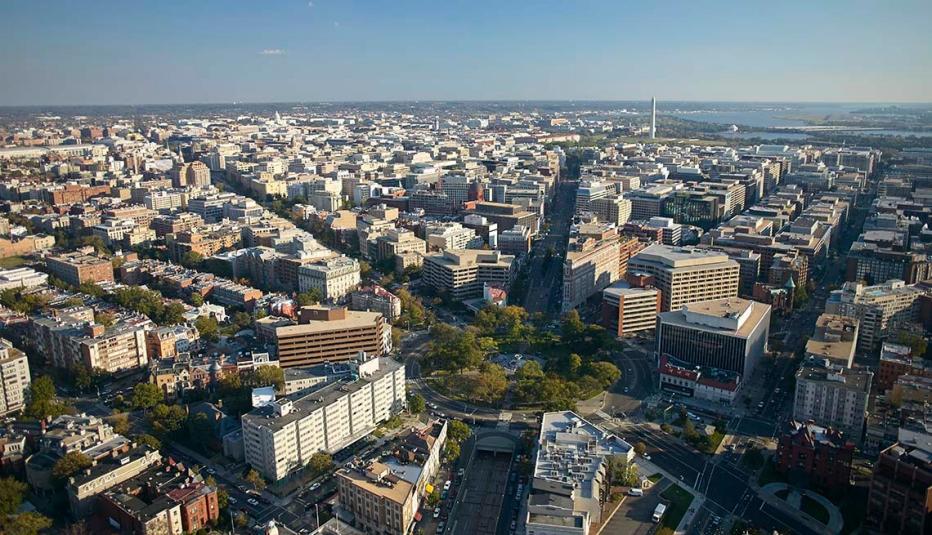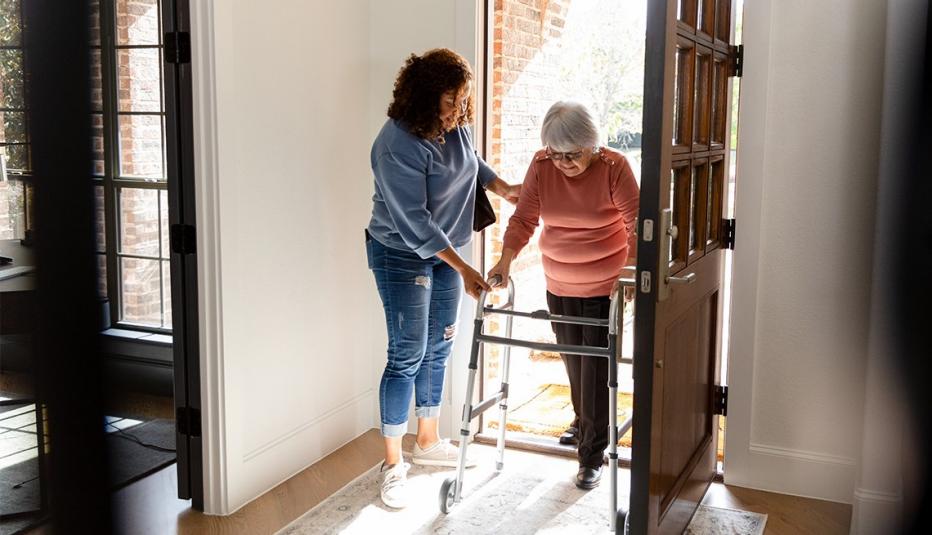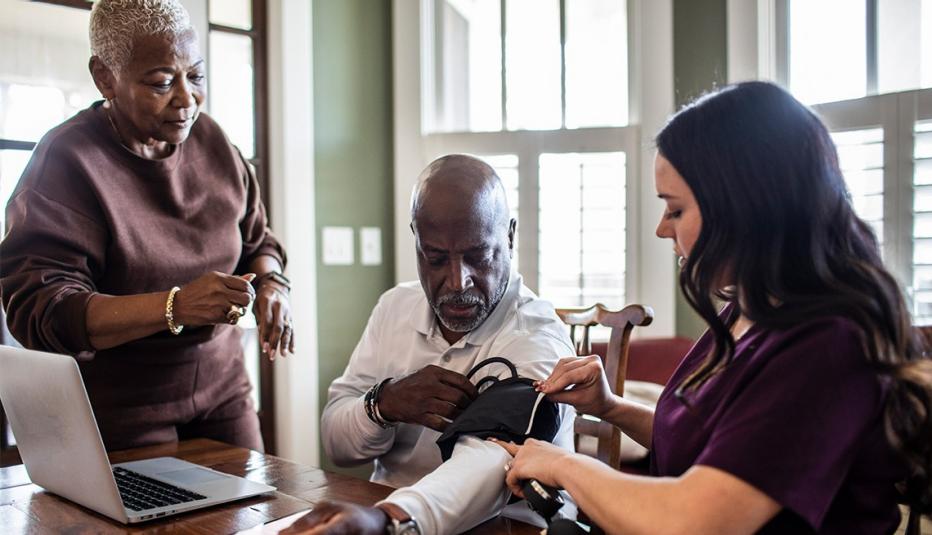AARP Hearing Center
In 2024, most adults 18 and older in the District of Columbia reported good health and access to health care. However, disparities in care quality and cultural competence remain, with some adults feeling their providers do not understand or respect their background. According to the AARP District of Columbia Health Disparities Survey, these findings highlight both progress and ongoing gaps in equitable health care delivery across the District.


Key Findings
- Access to care is high but not universal: Over half (55%) of D.C. adults 18 and older rated their health excellent or very good, and 83% said they could access the health care services they needed. While 78% were satisfied with their health care experiences, 18% still reported issues such as long wait times, feeling unheard by providers, having concerns dismissed, or experiencing cultural insensitivity or discrimination.
- Cultural competence is still lacking: Although most adults felt respected by their providers, 21% said their health care professionals did not understand or respect their background, values or traditions.
- Disparities are more pronounced east of the Anacostia River: According to a 2023 survey of D.C. adults 40 and older living east of the Anacostia River were significantly more likely to lack access to care (25% vs. 7%), face discrimination (21% vs. 12%) and report culturally incompetent care (34% vs. 24%) compared to those living west of the river.
Methodology
Interviews for the 2024 survey were conducted among a total of 881 D.C. residents 18 and older, 100% online, between April 10, 2024, and October 28, 2024. The 2023 survey included 494 D.C. residents 40 and older, and was conducted online between October 19, 2022, and May 30, 2023. Results are not weighted and should be interpreted with caution due to small sample sizes.
For more information about this study, please contact Aisha Bonner Cozad, Senior Research Advisor, at abonner@aarp.org and Humpreet Sahans, Graduate Research Intern, at hsahans@aarp.org.





































































